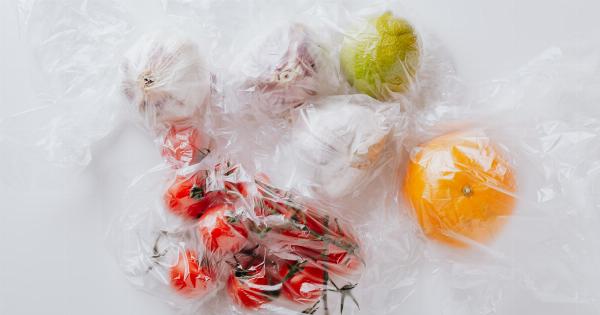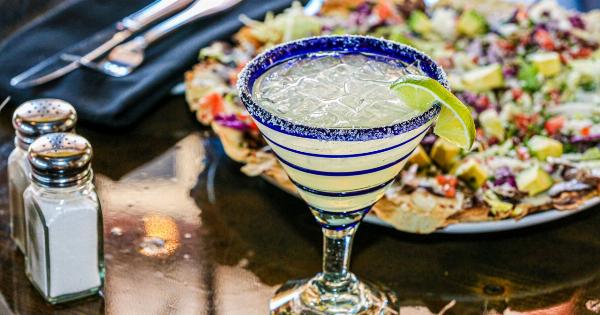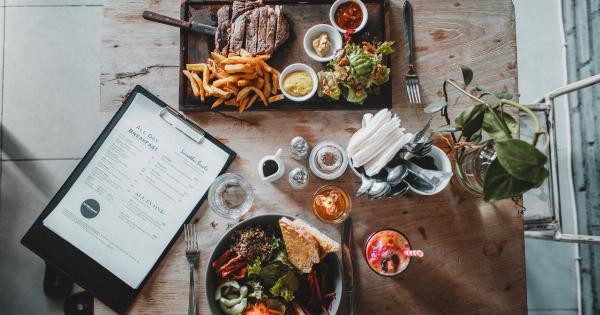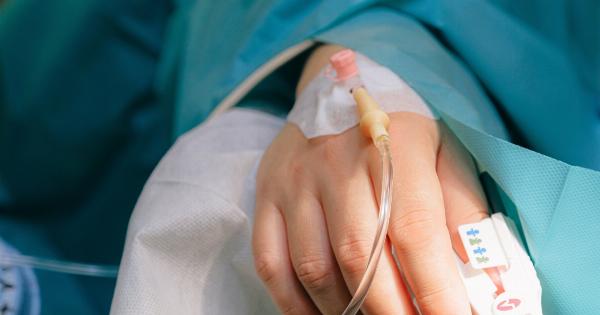Chicken is a popular and versatile meat that is consumed by people all over the world. It is a rich source of protein and can be cooked in various ways.
However, there are certain risks associated with chicken consumption, one of them being chicken poisoning. In this article, we will discuss what chicken poisoning is, its causes, symptoms, and how to prevent it.
What is Chicken Poisoning?
Chicken poisoning is a foodborne illness caused by the consumption of contaminated or undercooked chicken. The bacteria that commonly cause chicken poisoning are Salmonella and Campylobacter.
These bacteria can be present in raw chicken meat, eggs, or even on the surfaces of kitchen utensils and cutting boards that come into contact with raw chicken.
The Causes of Chicken Poisoning
Chicken poisoning can occur due to various factors, including:.
1. Contamination during processing: Chicken can get contaminated with bacteria during processing. Poor hygiene practices in slaughterhouses and inadequate sanitation can lead to bacterial contamination of chicken meat.
2. Cross-contamination: Cross-contamination occurs when bacteria from raw chicken come into contact with other foods, utensils, or surfaces.
For example, cutting raw chicken on a cutting board and then using the same board to chop vegetables without proper cleaning can transfer bacteria to the vegetables.
3. Undercooking: Chicken should always be cooked thoroughly to kill any bacteria present in it. Undercooking chicken can leave the bacteria alive and cause food poisoning when consumed.
The Symptoms of Chicken Poisoning
Chicken poisoning can cause various symptoms, including:.
1. Nausea and vomiting.
2. Abdominal pain and cramps.
3. Diarrhea, often bloody.
4. Fever.
5. Headache.
These symptoms usually appear within 6 to 48 hours after consuming contaminated chicken. In most cases, the illness resolves on its own within a few days. However, severe cases of chicken poisoning may require medical intervention.
How to Prevent Chicken Poisoning
Fortunately, there are several measures you can take to prevent chicken poisoning:.
1. Practice good food hygiene: Wash your hands thoroughly with soap and water before and after handling raw chicken. Clean all utensils, cutting boards, and surfaces that come into contact with raw chicken to prevent cross-contamination.
2. Cook chicken properly: Make sure chicken is cooked thoroughly to a safe internal temperature of 165°F (74°C). Use a meat thermometer to ensure proper cooking.
3. Store chicken correctly: Raw chicken should be stored at temperatures below 40°F (4°C) to prevent bacterial growth. Ensure that the chicken is stored separately from other foods to avoid cross-contamination.
4. Avoid consuming raw or undercooked chicken: Raw chicken and dishes that contain undercooked chicken should be avoided, as they can contain harmful bacteria.
5. Be cautious when eating out: When dining out, ensure that the chicken is cooked properly. If you’re unsure about the cooking method or temperature, it’s better to opt for another dish.
Common Misconceptions About Chicken Poisoning
There are some common misconceptions about chicken poisoning that are important to address:.
1. Freezing kills bacteria: Freezing does not kill bacteria; it only slows down their growth. Therefore, proper cooking is still essential even if the chicken has been frozen.
2. Washing chicken before cooking removes bacteria: Washing raw chicken under running water actually increases the risk of spreading bacteria through water droplets. Cooking at the right temperature is the only way to kill bacteria present on chicken.
3. Smelling or tasting the chicken can determine if it is safe to eat: Bacteria that cause chicken poisoning do not necessarily affect the taste, smell, or appearance of the chicken.
Proper cooking and handling practices are the best ways to prevent illness.
Conclusion
Chicken poisoning is a foodborne illness that can be caused by the consumption of contaminated or undercooked chicken. It is essential to practice good food hygiene, cook chicken properly, and store it correctly to prevent bacterial contamination.
By following these preventive measures, you can enjoy chicken safely without the risk of chicken poisoning.





























